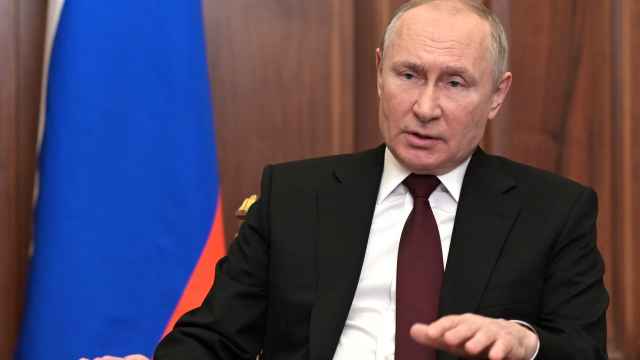(Bloomberg) — Kaspersky Lab Inc. is challenging a U.S. directive banning all use of its software by federal agencies over concerns about the Moscow-connected security firm’s links to the Russian government and espionage efforts.
Kaspersky Lab sued the U.S. Department of Homeland Security on Monday in federal court in Washington claiming it wasn’t given a chance to dispute the government’s allegations, which the software maker said were based off of unfounded press reports. Kaspersky said the "unprecedented, sweeping and retroactive debarment" violated the company’s constitutional rights.
"DHS has failed to provide the company adequate due process to rebut the unsubstantiated allegations underlying the directive and has not provided any evidence of wrongdoing by the company," Kaspersky said in a press release.
In September, Homeland Security ordered all federal agencies to identify any Kaspersky products they have used within 30 days and develop plans to discontinue their use. The action was based on the risk that the Russian government, "whether acting on its own or in collaboration with Kaspersky" could threaten U.S. national security using the software, according to DHS.
DHS said at the time it had provided Kaspersky an opportunity to address the concerns. The agency declined to comment on Monday.
Earlier this month, Kaspersky Lab said it would close its Washington office that was selling to the government and will keep working with non-federal customers in the U.S. through its remaining offices in the country. The company also committed in October to open its product’s source code to an independent third-party review and plans to open new offices in Chicago, Los Angeles and Toronto next year.
The case is Kaspersky Lab Inc. v. U.S. Department of Homeland Security, 17-cv-02697, U.S. District Court, District of Columbia (Washington.)
A Message from The Moscow Times:
Dear readers,
We are facing unprecedented challenges. Russia's Prosecutor General's Office has designated The Moscow Times as an "undesirable" organization, criminalizing our work and putting our staff at risk of prosecution. This follows our earlier unjust labeling as a "foreign agent."
These actions are direct attempts to silence independent journalism in Russia. The authorities claim our work "discredits the decisions of the Russian leadership." We see things differently: we strive to provide accurate, unbiased reporting on Russia.
We, the journalists of The Moscow Times, refuse to be silenced. But to continue our work, we need your help.
Your support, no matter how small, makes a world of difference. If you can, please support us monthly starting from just $2. It's quick to set up, and every contribution makes a significant impact.
By supporting The Moscow Times, you're defending open, independent journalism in the face of repression. Thank you for standing with us.
Remind me later.






